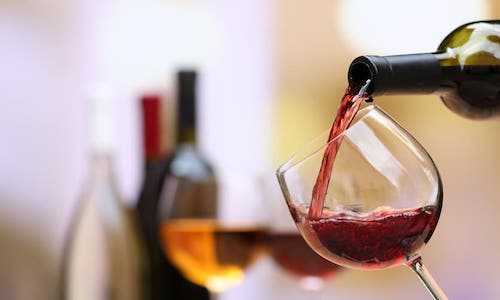Running a liquor business in Canada is no easy task. Strict laws and responsibilities require sellers to prioritize customer safety and comply with detailed regulations. Unlike in China, where the focus and responsibility is on drinkers, Canadian laws hold bars, restaurants, and liquor stores accountable. A liquor license (or “liquor card”) is mandatory, with a straightforward application process and an open-book exam to ensure knowledge delivery.
Liquor licensing in Canada aims to limit alcohol consumption due to its role in health and safety issues like cancer, traffic accidents, and substance abuse. Sellers must prevent sales to intoxicated customers, discourage drunk driving by arranging safe transport, and verify IDs to avoid selling to youth. Violations can result in lawsuits, fines exceeding $7,000, and shared liability for alcohol-related incidents (liability varies by province). The Liquor and Cannabis Regulation Branch may even conduct compliance checks using underage individuals to test ID verification.
As a license holder, you must have essential documents readily available, including your liquor license, an approved floor plan, drink pricing and details, and incident logs. Social responsibility materials like “Alcohol Sense” posters must be displayed prominently, and only staff certified with "Serving It Right" training can serve alcohol. A liquor register documenting all alcohol purchases from authorized distributors is also required.
Additionally, sellers must adhere to government pricing rules, encourage non-alcoholic alternatives, and pair drinks with food to minimize health risks. Visible signage outlining alcohol policies and responsible serving practices is mandatory for the managers.

In summary, selling alcohol in Canada demands responsibility and strict compliance with laws. With proper management and adherence to these guidelines, businesses can ensure safe operations while maintaining and renewing their liquor license.



